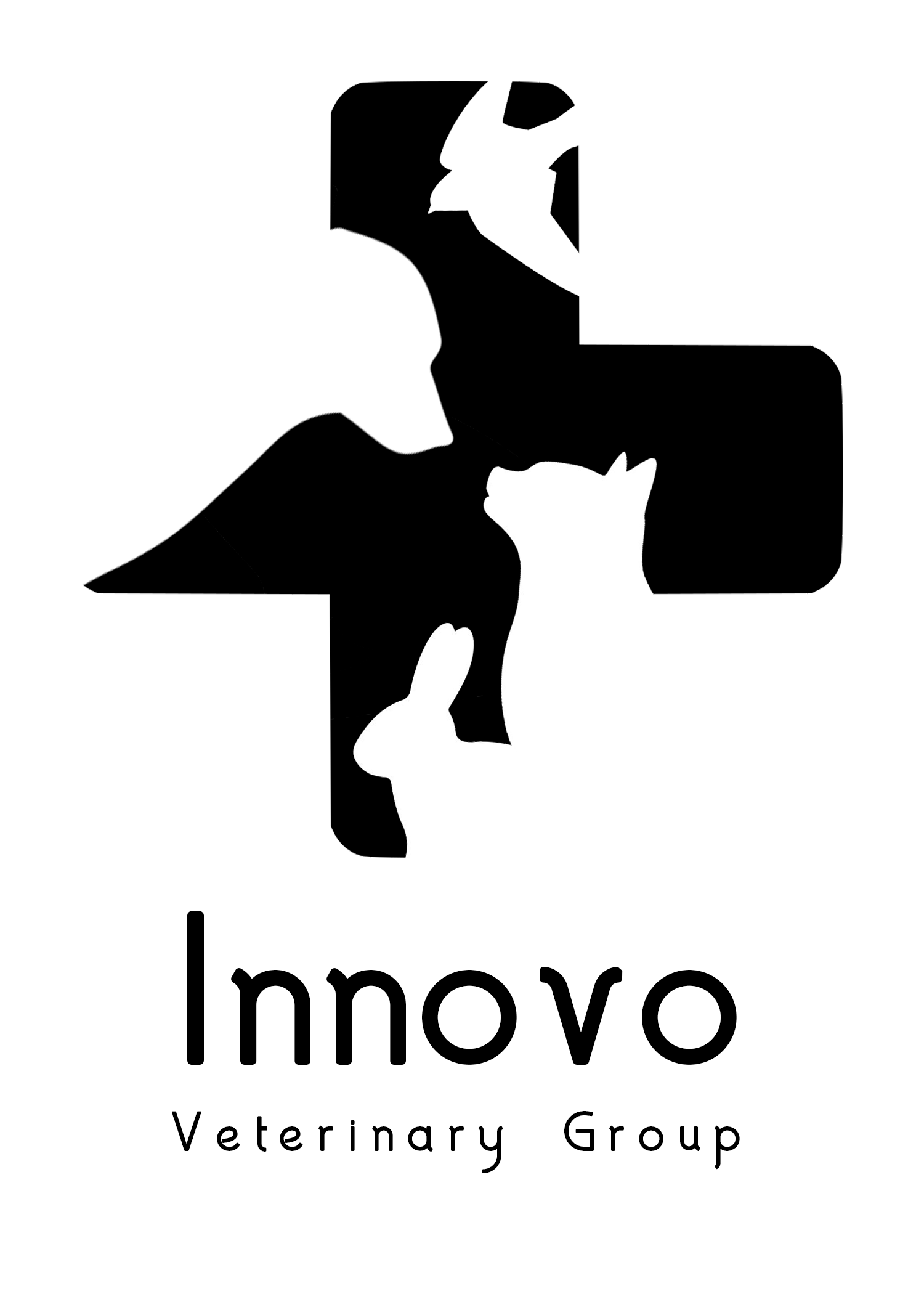Pet Health Articles
-
Atropine ophthalmic (brand name Isopto Atropine) is an eye medication used to dilate (enlarge) the pupil. It is used off label (extra label) only, in all veterinary species of animals. Atropine ophthalmic comes in a 1% drop, solution, or ointment form, which is placed directly into the eye.
-
Medicating or giving oral liquids to small mammals requires some basic guidance. Syringe-feeding rabbits, guinea pigs, and other small rodents may require you to wrap your pet in a "burrito". Knowing the proper location in the mouth to introduce the syringe will be essential to success. Having the right size syringes and the right amount of liquid for your pet is very important.
-
Insulin glargine is an injectable medication used in cats, dogs, ferrets, guinea pigs, and horses with diabetes mellitus. It is used to lower blood sugar levels and for long-term maintenance therapy of diabetes mellitus. Monitor closely for signs of low blood sugar (weakness, lack of energy, lethargy, stumbling or difficulty walking, behavior changes, muscle twitching, seizures, and/or unresponsive).
-
Lente (porcine zinc) insulin (brand names Vetsulin®, Vetpen®) is an injectable medication approved for use in cats and dogs with diabetes mellitus. It is used to lower blood sugar levels and for long-term maintenance therapy of diabetes mellitus. This medication may be used "off label" or "extra label" in ferrets. Monitor closely for signs of low blood sugar (weakness, lack of energy, lethargy, stumbling or difficulty walking, behavior changes, muscle twitching, seizures, and/or unresponsiveness).
-
NPH (Neutral Protamine Hagedron) insulin is an injectable medication used in cats, dogs, birds, ferrets, and horses with diabetes mellitus. It is used to lower blood sugar levels and for long-term maintenance therapy of diabetes mellitus. Monitor closely for signs of low blood sugar (weakness, lack of energy, lethargy, stumbling or difficulty walking, behavior changes, muscle twitching, seizures, and/or unresponsiveness).
-
Ketoprofen is given by mouth in the form of a capsule or tablet to treat pain and inflammation in dogs and horses. It’s use in animals is off label. Do not use this medication in pets that are allergic to it, or in pets concurrently using corticosteroids or other NSAIDs. If a negative reaction occurs, call your veterinary office.
-
Meloxicam (brand names Metacam, Meloxidyl, Loxicom, OroCAM) is given by mouth in the form of a liquid, capsule, or tablet to treat pain and inflammation in dogs, cats, and other small mammals. Do not use this medication in pets that are allergic to it, or in pets concurrently using corticosteroids or other NSAIDs. If a negative reaction occurs, call your veterinary office.
-
Midazolam is a benzodiazepine used for its sedative, anti-anxiety, and muscle relaxant properties. It is primarily used as a sedative before surgery and to stop seizures. It is used “off label” or “extra label” in animals. This medication is a controlled substance primarily given via injection by your veterinary team, though it may be prescribed to your pet for intranasal or intrarectal administration at home.
-
Mupirocin otic, also known as pseudomonic acid A, is an antibiotic used in the treatment of ear infections. It is used “off label” or “extra label” to treat ear infections in animals. Mupirocin comes in ointment or liquid drop suspension forms that may be specially compounded.
-
Olopatadine ophthalmic is an antihistamine medication used to treat pruritus (itchiness) of the eyes caused by allergies in animals. Olopatadine ophthalmic comes in liquid drop suspension form.

